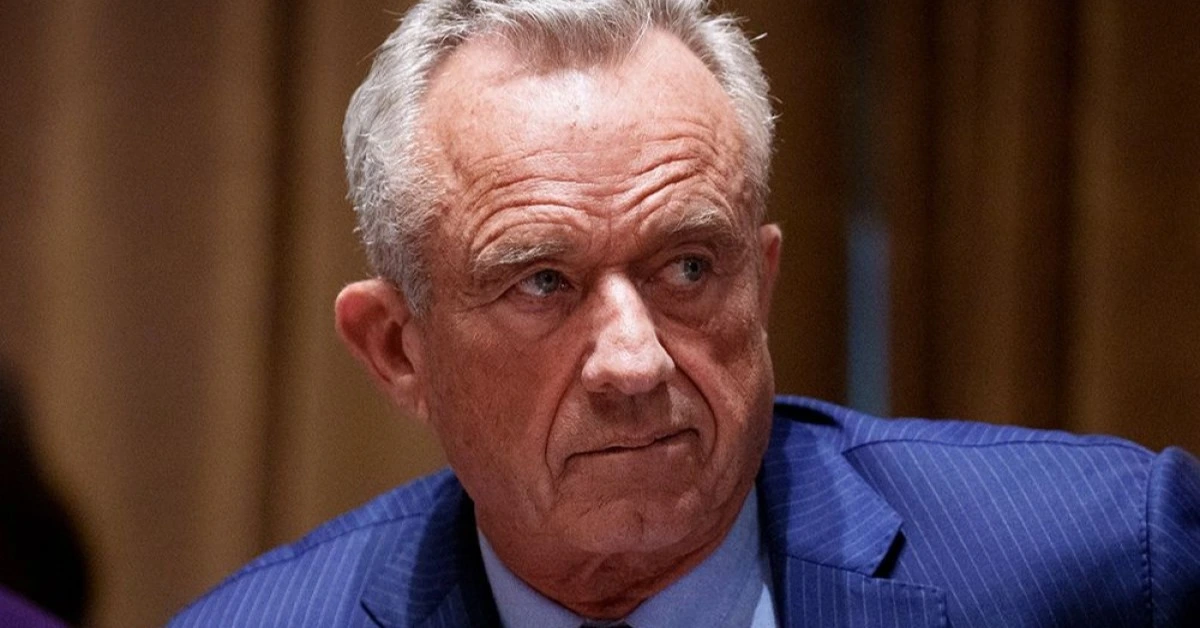
USA – US Health Secretary Robert F. Kennedy Jr has taken a markedly different position on the measles, mumps, and rubella (MMR) vaccine following recent tragic events.
In a post on social media platform X on 6 April, Kennedy declared, “the most effective way to prevent the spread of measles is the MMR vaccine.”
This change comes in the wake of the second confirmed measles-related child death during the ongoing outbreak in Texas, intensifying public concern over declining vaccination rates.
For years, Kennedy, known for questioning vaccine safety, had avoided a strong endorsement of the MMR vaccine.
His earlier statements, including one in February after the first measles death in Gaines County, Texas, hinted at the importance of vaccination while emphasizing personal choice.
At that time, he refrained from issuing a full endorsement. However, the severity of the current outbreak—642 confirmed cases across 22 states, with 499 cases reported in Texas alone—has prompted a re-evaluation of his stance.
Gaines County’s vaccination rate remains around 82%, far below the 95% threshold recommended by the World Health Organization (WHO) to prevent community spread.
These low rates have facilitated outbreaks that were once thought to be under control since the disease was declared eliminated in the US in 2000.
Measles outbreaks typically begin when an individual contracts the virus abroad and then spreads it through under-vaccinated communities.
The current surge in cases is exacerbated by significant budget cuts across key US health agencies.
Recent measures include a plan by the White House to reduce around 10,000 employees at agencies such as the HHS, CDC, FDA, and NIH, further straining public health efforts.
Pharma analyst Katarina Zahedi of GlobalData has warned that the Trump administration’s directive to reduce the CDC’s budget by US $2.9 billion—about 35% of its budget—could divert critical resources away from essential health programs, impeding the nation’s response to outbreaks.
Despite this new pro-vaccine message, Kennedy continues to promote therapies that lack robust evidence.
On the same day as his MMR vaccine endorsement, he mentioned visiting physicians who claimed success treating 300 measles cases among Mennonite children using aerosolized budesonide and clarithromycin—treatments not approved or proven effective for measles.
Pediatric infectious diseases specialist Amy Edwards from Case Western Reserve University noted on 18 March that there is no evidence supporting the benefit of inhaled steroids in measles management.
XRP HEALTHCARE L.L.C | License Number: 2312867.01 | Dubai | © Copyright 2025 | All Rights Reserved